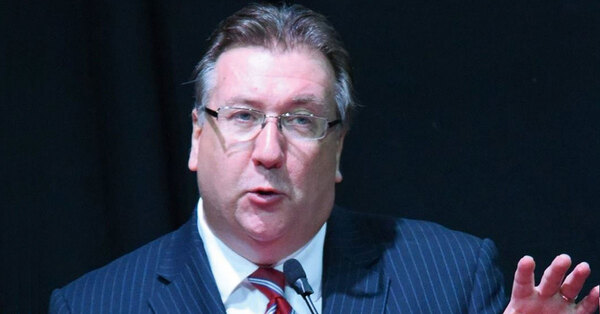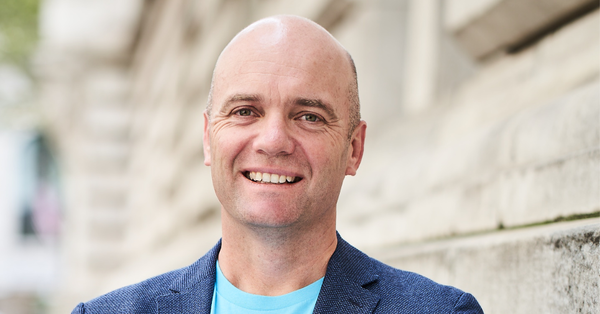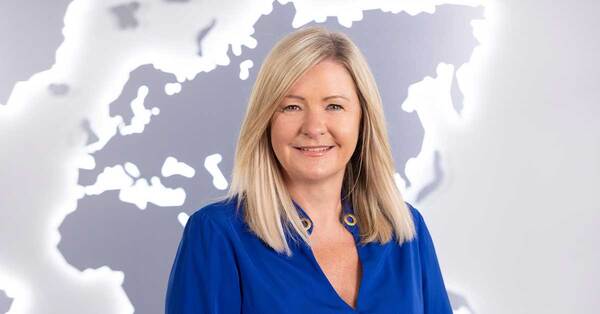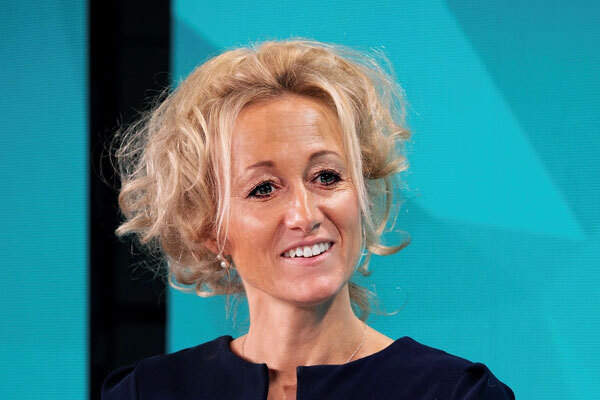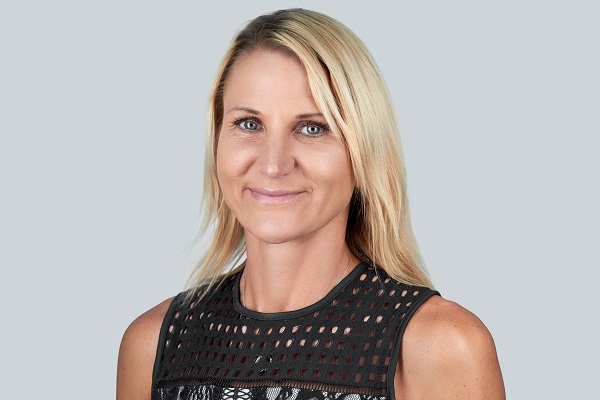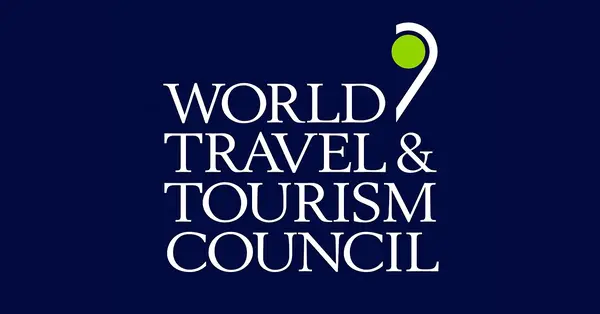You are viewing 1 of your 2 free articles
Critical thinking is in under threat amid unstoppable rise of AI
Digital Drums’ Steve Dunne warns of the dangers of relying too heavily on the technology
When was the last time you practised critical thinking while going about your work?
The chances are that your honest answer might be: “I don’t do it as much as I used to.”
When was the last time one of your clients when booking a holiday demonstrated any type of critical thinking during the process of buying the experience?
If you think hard about it, the chances are you rarely see them exercising critical thought in the way they may have done a couple of years back.
In a world where the increased presence of artificial intelligence seems to have permeated every facet of our daily routines, both in the office and in our homes, the biggest threat to us all is the viable suggestion that we are about to lose our ability to practise critical thinking.
And if we don’t take that threat seriously, right now, it will cost us greatly – personally and professionally.
Just to be clear, critical thinking is defined as: “The active, objective and logical process of analysing and evaluating information, ideas and arguments to form well-reasoned judgements and make sound decisions.”
To put it more plainly, when you undertake critical thinking it involves you questioning assumptions, considering various perspectives, weighing up the evidence and perhaps looking for flaws in the reasoning you come across in order to reach the right solution.
It’s a fundamental skill essential for problem‑solving and navigating the constant
flow of information in both our professional
and personal lives.
Digital world effect
So why do I suggest that your ability to do any form of critical thinking, personally or in a work environment, is at risk?
Last month, I spent time in the company of a digital anthropologist for a project I am working on. If you’re not familiar with the term digital anthropologist, it is a social scientist who studies the intersection of human culture and digital technology, looking at how the digital world impacts human behaviour.
And the clear view in this field is that human beings will in the future be split into two distinct groups. Those who will practise critical thinking, which could be as low as 10% of the population, and those who will not, which could be as high as 90%.
Question AI
Apparently, we are all rapidly moving, in digital terms, from a research mindset that uses search engines, social media, review sites, forums, peers and books to investigate something such as travel, to that of a consumption mindset that takes as gospel the first answer that AI presents us with.
People, I was told, are now more inclined to take the AI answer that sits at the top of a search engine return as the definitive one, rather than question it or scroll down to the other search returns.
But the problem is, who is to say that the AI answer is the right one?
The answer returned could be based on data or content that is misinformed, ill-informed or uniformed. A set of poor historical reviews for a hotel or resort could become a definitive conclusion; a bad actor could feed through a damaging or negative angle about a competing tour operator or airline.
If people increasingly consume the AI‑returned data without questioning it, investigating further or comparing it with other information, then the dangers for us all personally and professionally are clear to see.
Like so many things in life, critical thinking is like a memory muscle – the more you use it, the stronger it gets and, conversely, the less you use it, the more you risk losing it.
The lesson for us all in business, and in our personal lives, is clear. When it comes to critical thinking, use it or you will inevitably lose it.

